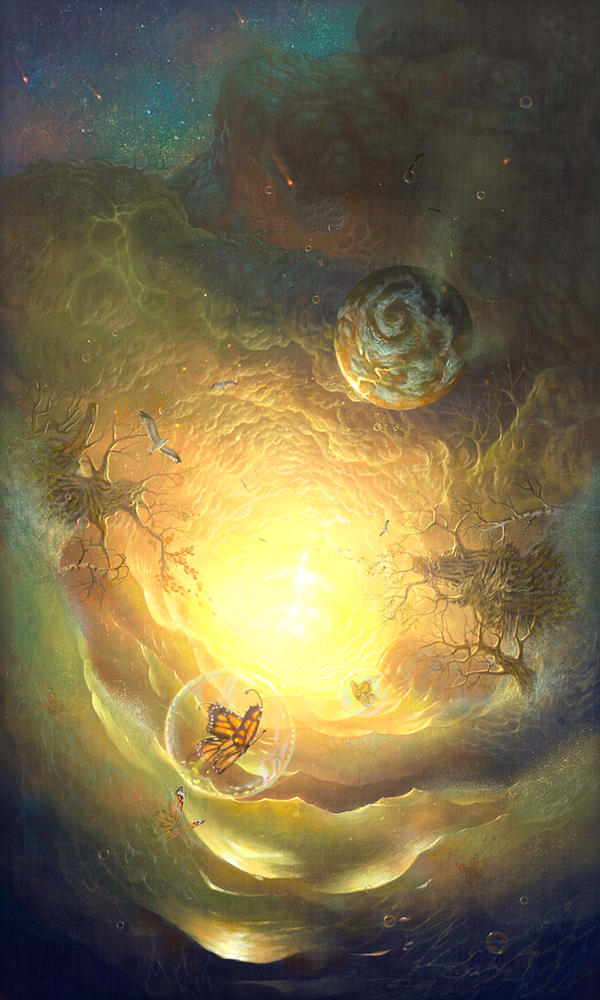Cloaks

On roads of dirt and slime we walked
Of hopes and dreams we wished and talked
“If given the choice, what would you take for a cloak?
Immortal, Powerful, Wealthy or High afloat?
Or Ruling, or cruising the seas is what you sought?”
Asked the friend, on his limp, as we talked
Why have one, if I want all?
Why do I choose, if I can call
And point to make what’s broken whole
And shake the very earth to fall
Beneath the world and the appalled
All would abide by my law
Of their every thought and whim I know
And all would perish on my servant’s blow
For all is mine and below
I made you and by my will you grow,
And live and age and see my glow
“A god you want to be?”
Stumbled the friend on his limping knee
What is a god but a limping meek?
A cloak is not what I seek
Nor a god I desire to be
But you asked what’s power to me
And power is not a cloak or three
It’s incomprehensible for the likes of me
Omnipotence, Singularity, The Divine He
Say: “He is Allah, the One and Only; Allah, the Eternal, Absolute; He begetteth not, nor is He begotten; And there is none like unto Him.”
— Surah 112 (The Sincerity)
Such there is Night، not Night as ours—Unhappy Folk
— J.R.R. Tolkien.
The Unhappy Folk: unhappyfolk.org
Telegram: unhappyfolk.t.me
Mail: msg@unhappyfolk.org
